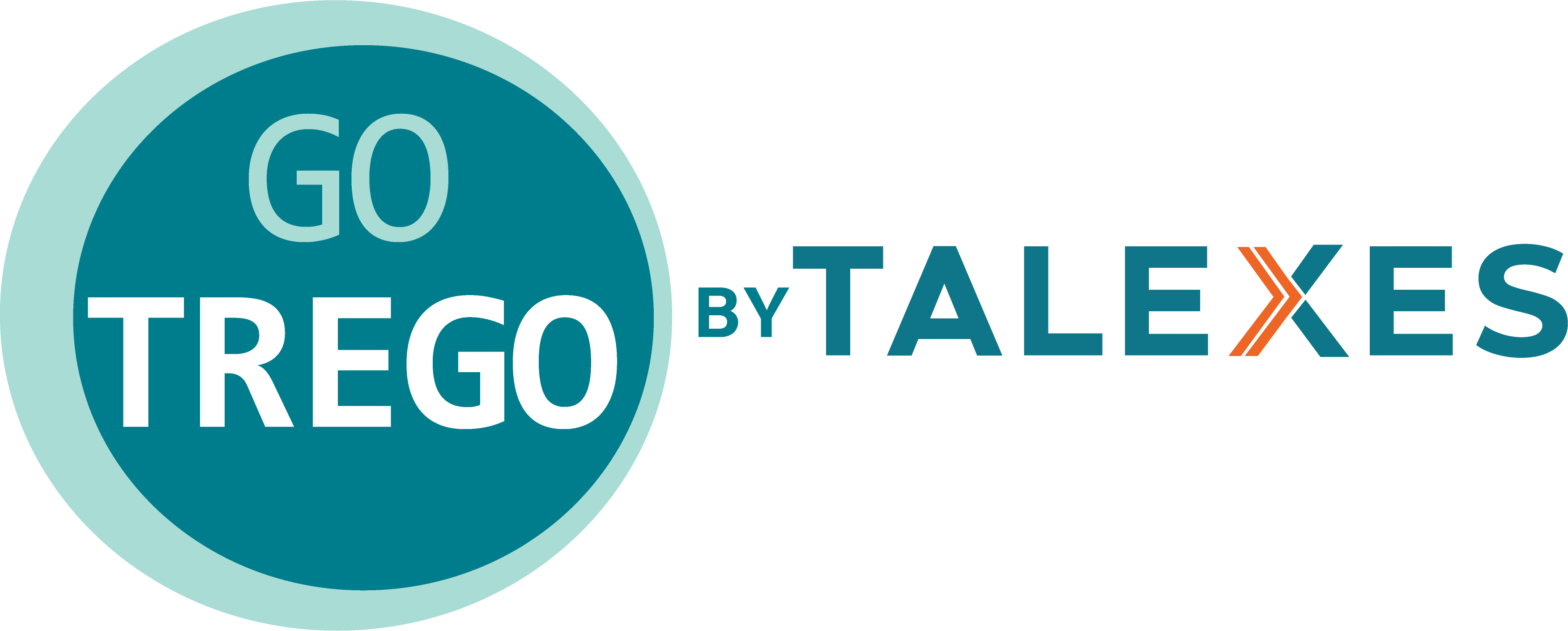The auto industry is an ever-evolving landscape that demands precision, expertise, and efficiency at every level—from engineering and manufacturing to sales and service. Making the wrong hiring decision in such a fast-paced environment can have costly repercussions, affecting productivity, morale, and overall business performance. A poor hire can lead to operational inefficiencies, customer dissatisfaction, and high turnover rates, all of which impact the company’s bottom line. However, by integrating employee assessments into the hiring and development process, automotive businesses can mitigate these risks and build a workforce that drives success.
Here are nine major ways a bad hire can harm an auto industry business and how assessments help prevent these costly mistakes.
- Financial Losses from Poor Hiring Decisions
The cost of a bad hire can be staggering, often reaching 30% or more of an employee’s annual salary. This includes recruitment expenses, training investments, lost productivity, and the cost of rehiring if the employee doesn’t work out. In the auto industry, where efficiency and precision are key, a poorly suited hire can result in production delays, costly errors, or weak sales performance. Pre-employment assessments help companies evaluate technical skills, problem-solving abilities, and cultural fit, ensuring they select the right candidate from the start.
- Reduced Productivity on the Production Line and Beyond
An unqualified hire can slow down workflows in manufacturing plants, service departments, and sales teams alike. In an industry that relies on efficiency to meet production targets and customer demands, one underperforming employee can create bottlenecks that affect an entire team. Skill-based assessments identify candidates with the right expertise, reducing the likelihood of hiring someone who lacks the required technical abilities.
- Negative Impact on Team Morale
When a bad hire struggles to meet expectations, their colleagues often have to compensate for their shortcomings, leading to frustration and decreased morale. In high-stakes environments like automotive engineering and manufacturing, teamwork is essential for meeting deadlines and maintaining quality. Personality and behavioral assessments help ensure that new hires align with the company culture and work effectively within a team.
- Increased Employee Turnover and Hiring Costs
Hiring an unqualified candidate often leads to higher turnover, either through voluntary resignations or forced terminations. Replacing employees is costly and time-consuming, especially in roles that require specialized training, such as automotive technicians and engineers. By using assessments to measure long-term job fit and career alignment, auto companies can reduce turnover rates and build a more stable workforce.
- Damage to Brand Reputation and Customer Trust
Customer interactions with unqualified or disengaged employees can harm a company’s reputation. Whether it’s a poorly trained service advisor miscommunicating repairs or an underperforming salesperson failing to close deals, a bad hire can lead to dissatisfied customers and negative reviews. Situational judgment and customer service assessments ensure that employees have the skills and temperament to represent the brand effectively.
- Decline in Customer Satisfaction and Retention
In an industry where customer loyalty is critical, hiring the wrong sales or service personnel can result in lost revenue. Customers expect knowledgeable, courteous, and efficient service when purchasing vehicles or seeking repairs. Assessments that evaluate communication skills, product knowledge, and problem-solving ability help businesses hire employees who will enhance the customer experience and drive repeat business.
- Increased Managerial Burden
Supervisors and managers already have demanding roles in the auto industry, overseeing operations, ensuring compliance, and driving business goals. A poor hire requires extra coaching, corrective actions, and performance reviews, diverting valuable time away from strategic initiatives. Cognitive and competency assessments help managers select candidates who can perform independently and contribute positively to the team.
- Legal and Compliance Risks
In the auto industry, safety and compliance are non-negotiable. A hire who neglects safety protocols or mishandles sensitive data can expose the company to legal action or regulatory penalties. Conducting pre-employment integrity assessments and compliance-related evaluations helps automotive businesses avoid hiring individuals who pose a risk to workplace safety and legal standards.
- Missed Opportunities for Business Growth
A strong workforce is the engine that drives business expansion and innovation. A bad hire in a leadership role can hinder decision-making, stall new initiatives, and weaken competitive advantage. Leadership and strategic thinking assessments help identify candidates who possess the vision, adaptability, and expertise necessary to guide the company toward future success.
Conclusion
Hiring mistakes in the auto industry can be costly, impacting productivity, profitability, and customer relationships. However, by leveraging scientifically validated employee assessments, businesses can make data-driven hiring decisions that ensure the right fit for each role. Assessments not only help companies avoid costly hiring errors but also support long-term employee development, fostering a high-performing workforce that drives innovation and success. In a rapidly evolving industry, the right hire is more than just an employee—they are a key asset in steering the company toward a thriving future.





